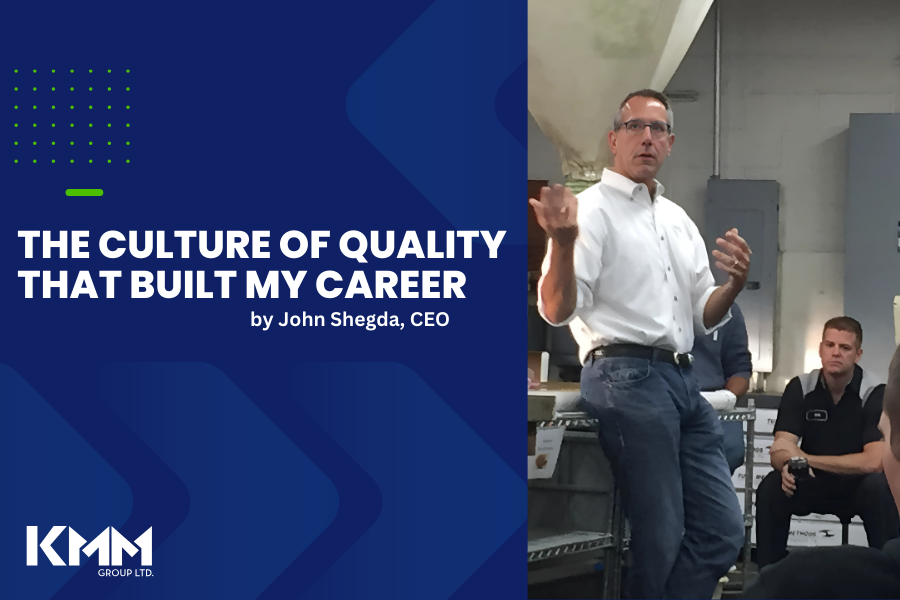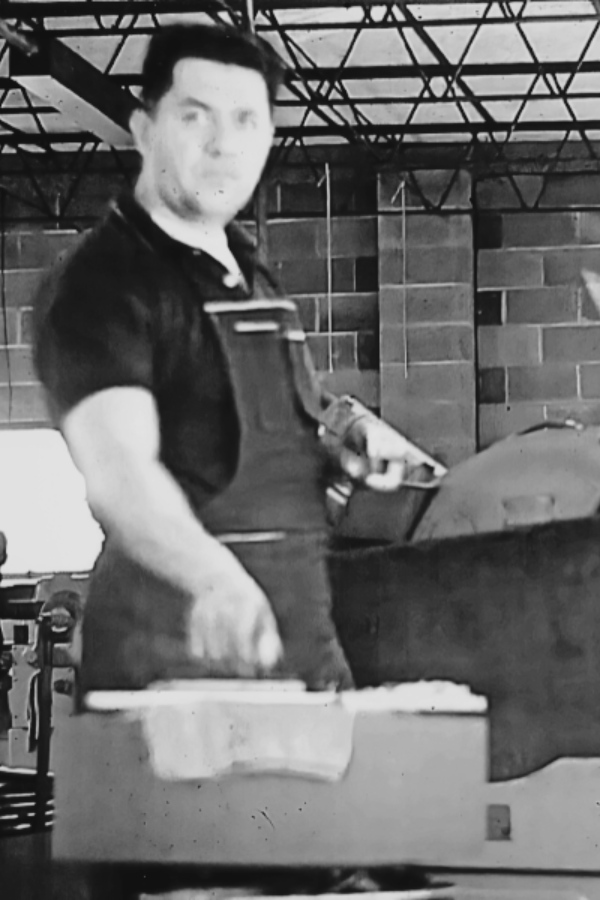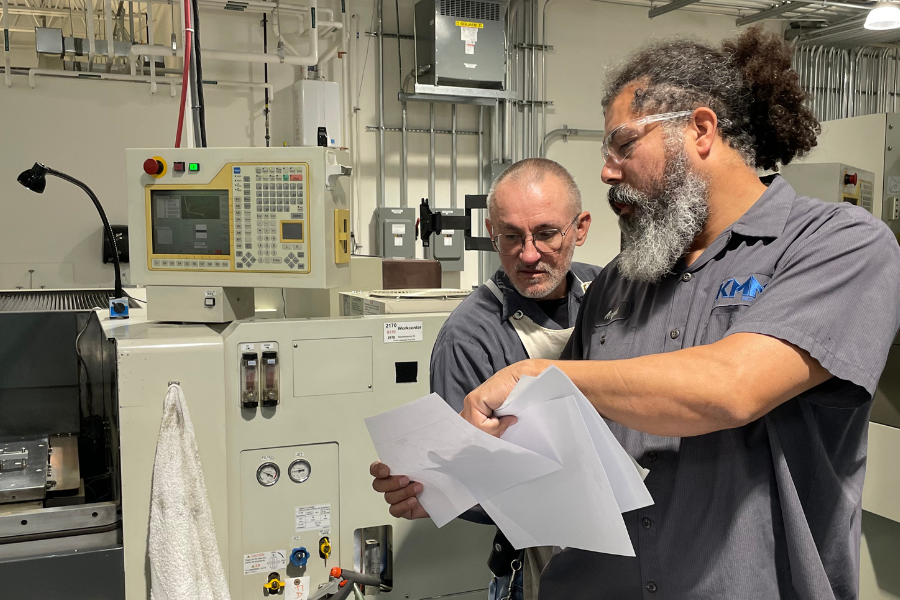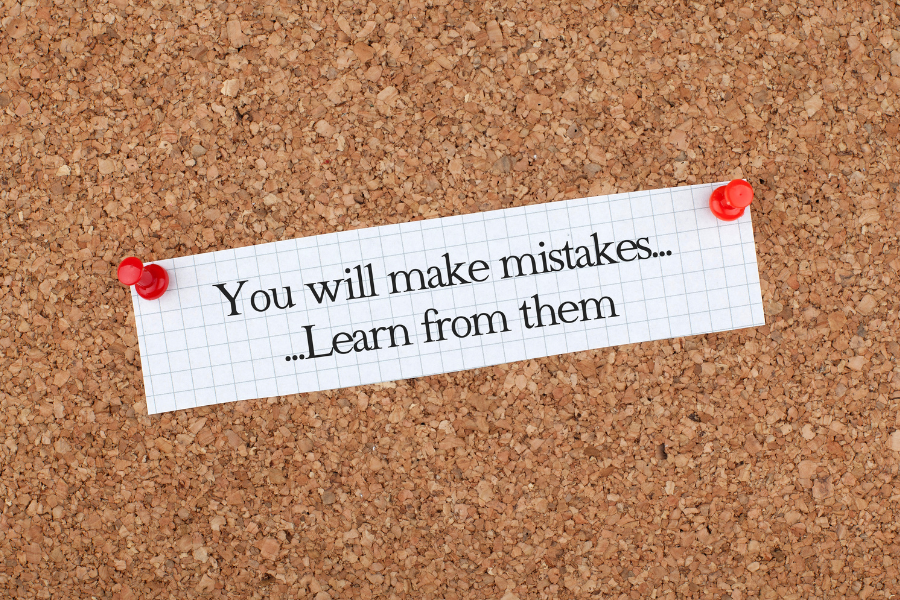
Have you ever watched someone do a job like everything depends on it? I have.
The Shop That Shaped My Standard
When my dad ran M&S Centerless Grinding, it had the ultimate ‘culture of quality’. Every department was perfectly aligned and pulling hard in the same direction. Operations advised Quality far in advance of when a project would need a first article inspection, and Quality responded with immediate feedback. Even better, the operator presenting the project for inspection owned it. Deeply invested in the work, and fully understanding that the responsibility for success or failure fell squarely his shoulders.
It worked. But let’s be honest, was my dad a genius? Did he write books that raised the curtain for all of manufacturing to learn from his methods? No. It worked because he was it. He was the Operator. He was Quality, Sales, Shipping & Receiving and Finance. When you’re a sole proprietor you better understand that everything depends on you. There’s no one else to blame. You do it right or you don’t get paid.

A Culture of Quality Beyond One Person
But things change the moment you hire your first employee.
Now someone else has to understand the same things that came naturally to you. Then add another person, and another. Suddenly you’re trying to keep your head above water in a pool of personalities, and potentially a pool of scrap.
That’s the challenge we’re up against: how do you build a culture of quality in a multitude of people that feels as personal and accountable as when it was just one person?

Ownership Over Mandates
We’re not an “iron-fist” type of organization. That’s not who we are. We believe in hard work and critical thinking, and we back that up with one of our Fundamental Values: “Paid to Think.” Everyone on our team is expected to take ownership of their work and the outcomes it creates. That means no list of rigid rules handed down from above. We don’t believe in mandates. We believe in engagement.
Innovation and creativity come from collaboration. When people are encouraged to bring their perspective forward and problem-solve together. That’s what “Paid to Think” means. You’re not just accountable for the quality of your work. You’re accountable for improving the entire process.

Every Misstep is a Lesson
That doesn’t mean there’s no room for mistakes. But we also don’t let them pass without reflection. One of our methods of communicating the ‘culture of quality’ is to do post-mortems. Not to point fingers, but to learn. If a project went sideways, we involve the people who touched it so they have a voice in improving the process. We talk openly. They walk away with lessons. And more importantly, with a better understanding of how to avoid the same pitfalls next time.

Quality as a Shared Purpose
It’s not perfect. It doesn’t carry the same urgency my father had when every mistake came directly out of his pocket. But every step toward individual ownership is a step in the right direction.
Because when you derive purpose and meaning from a job well done and you know your contribution really matters, quality becomes more than a process. It becomes personal.